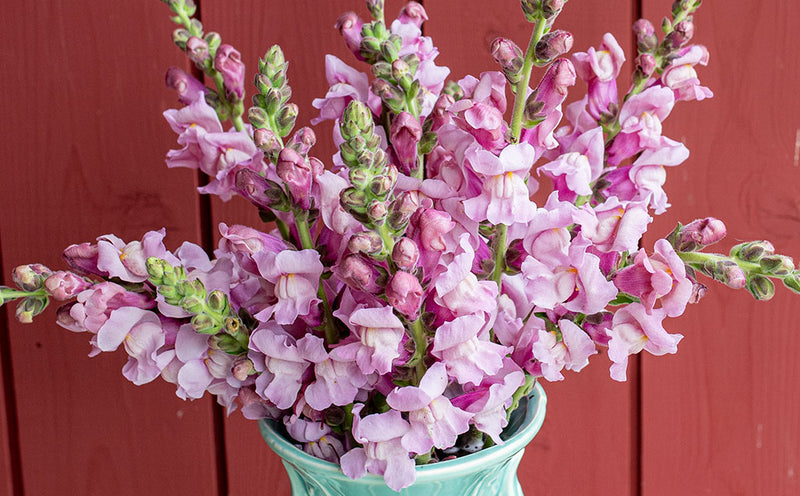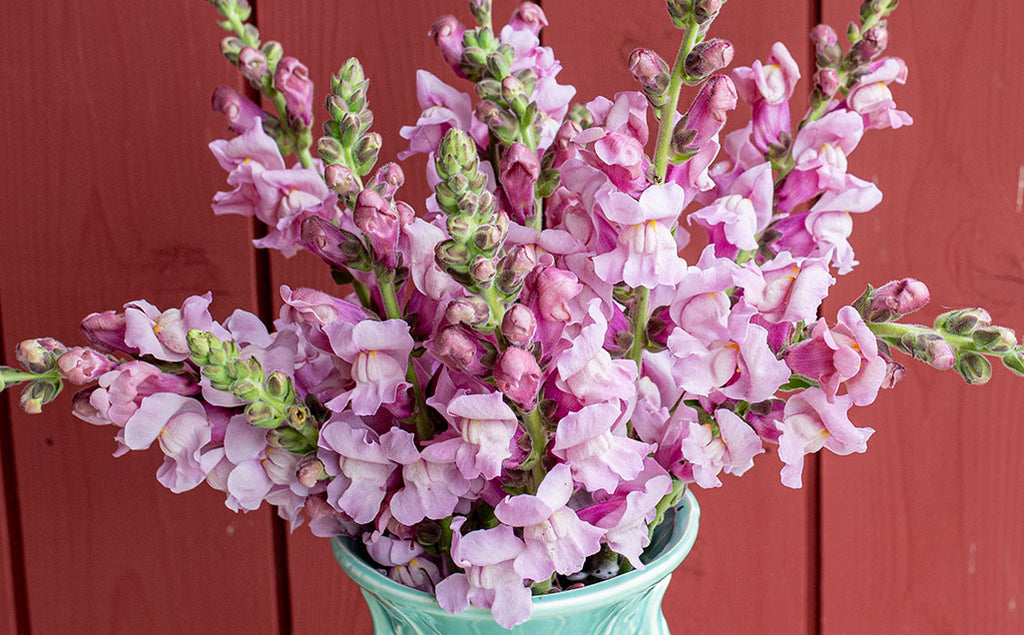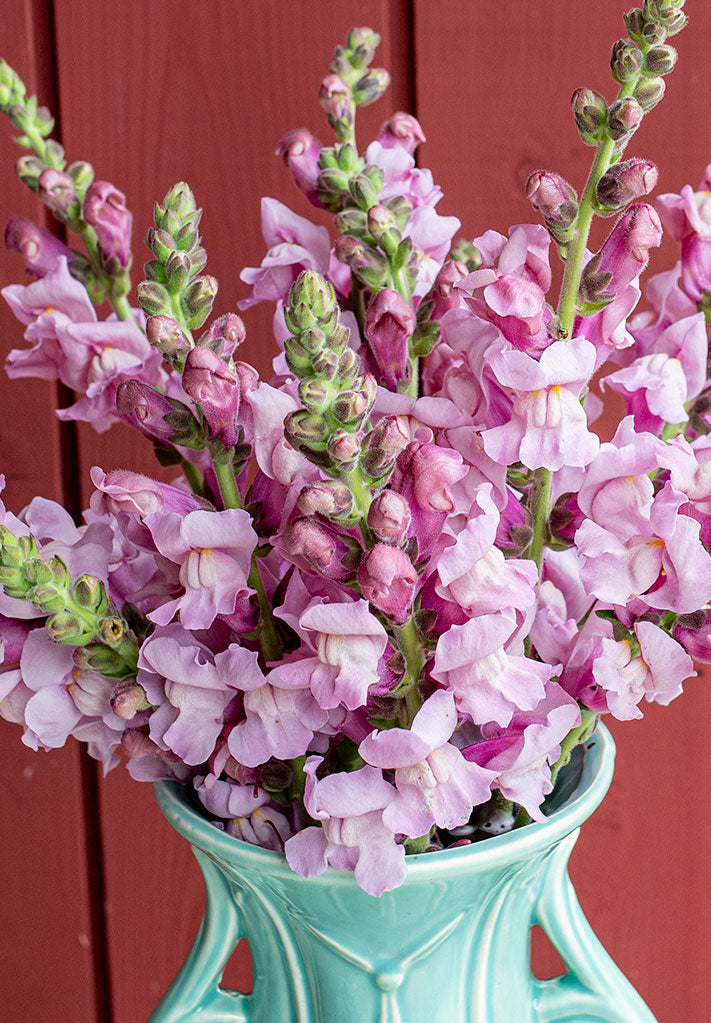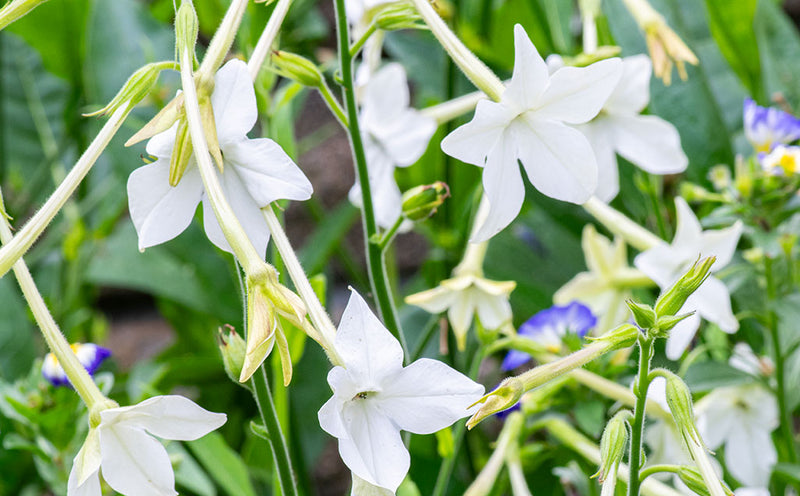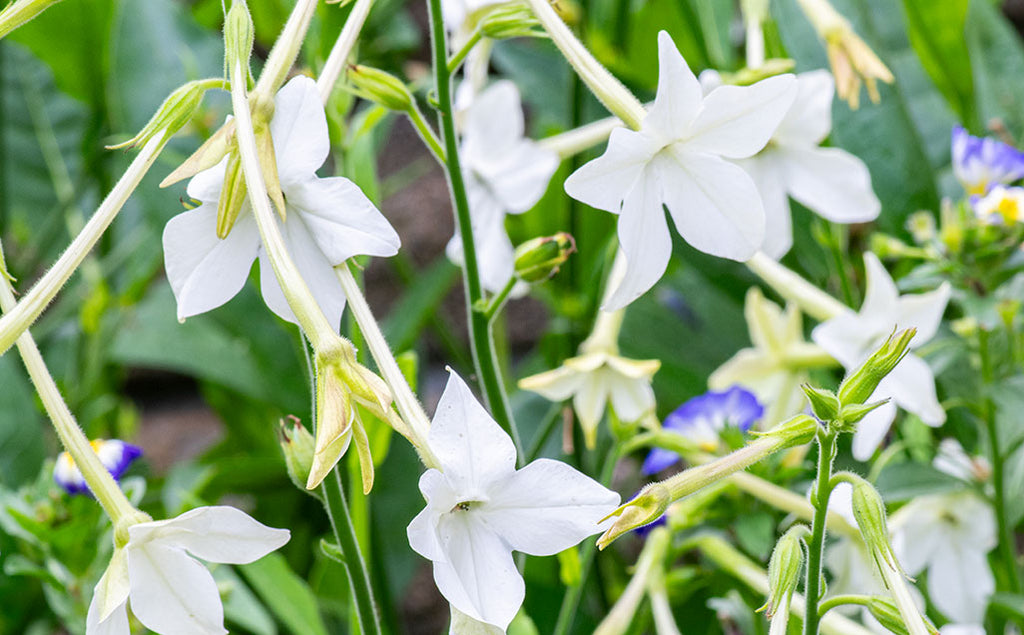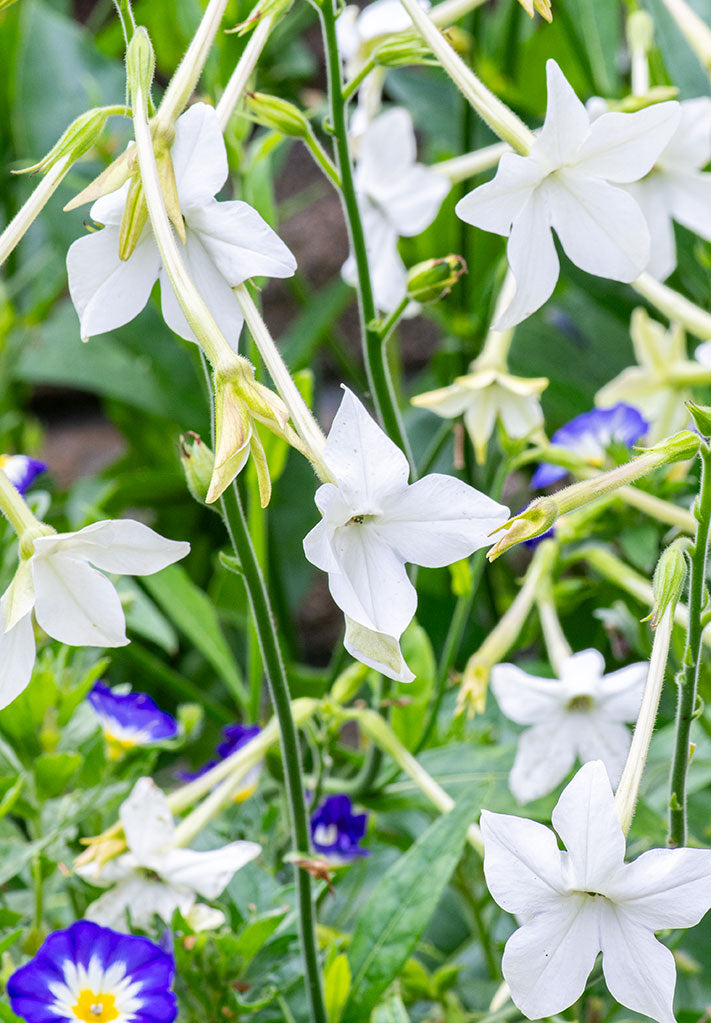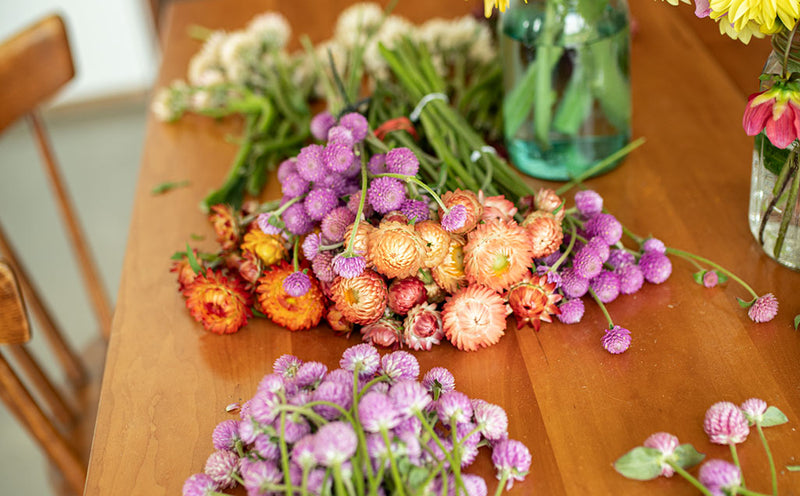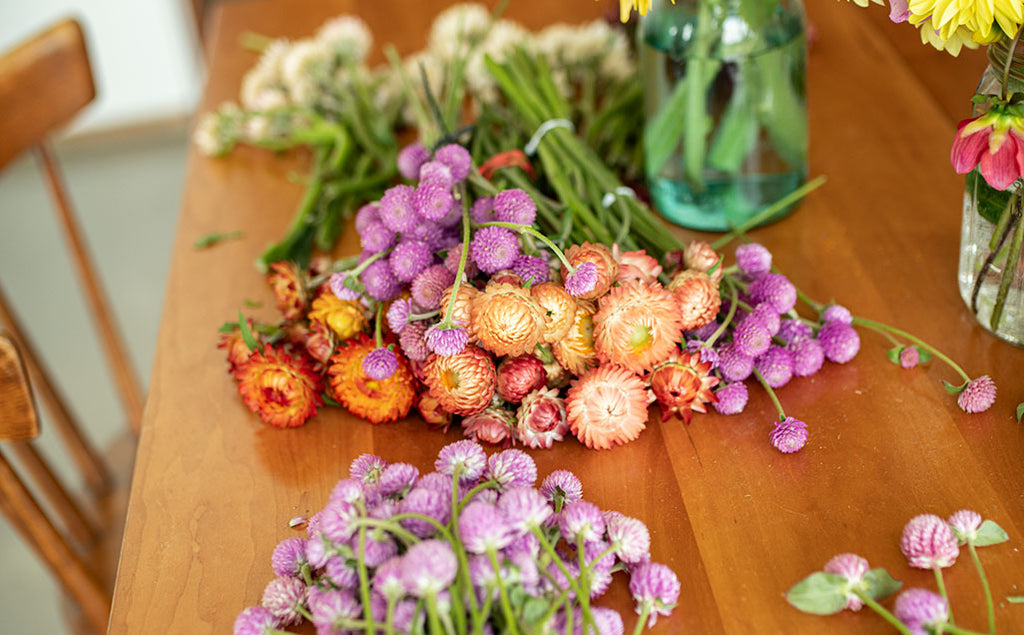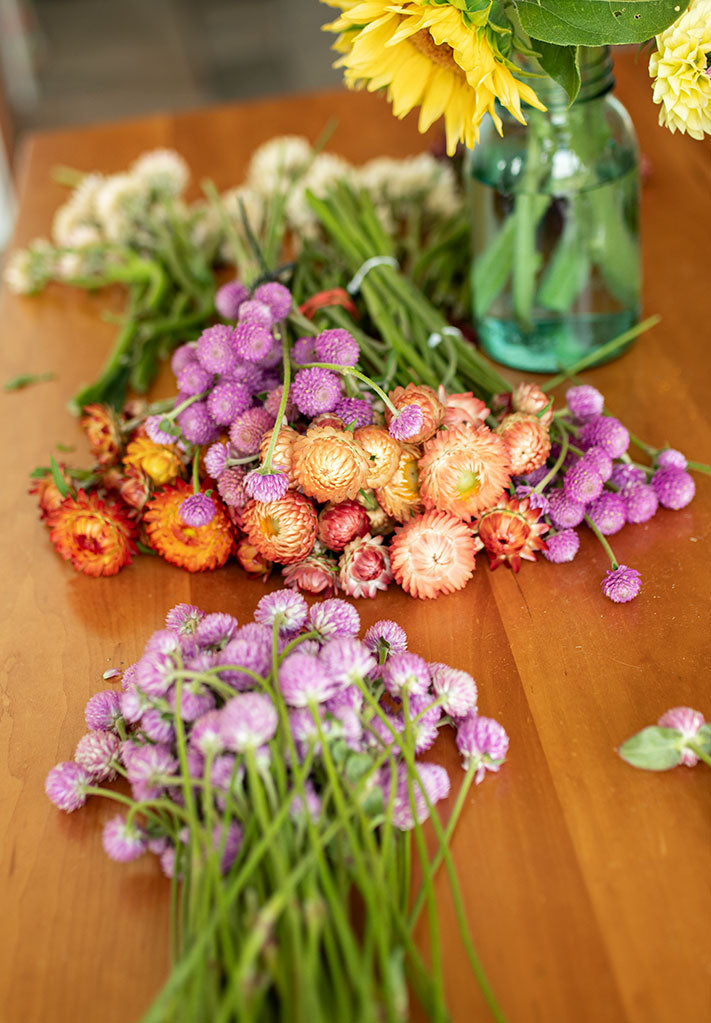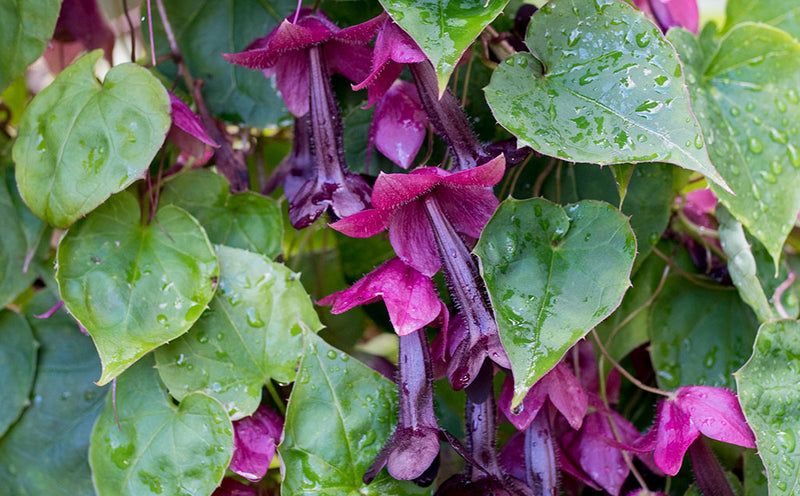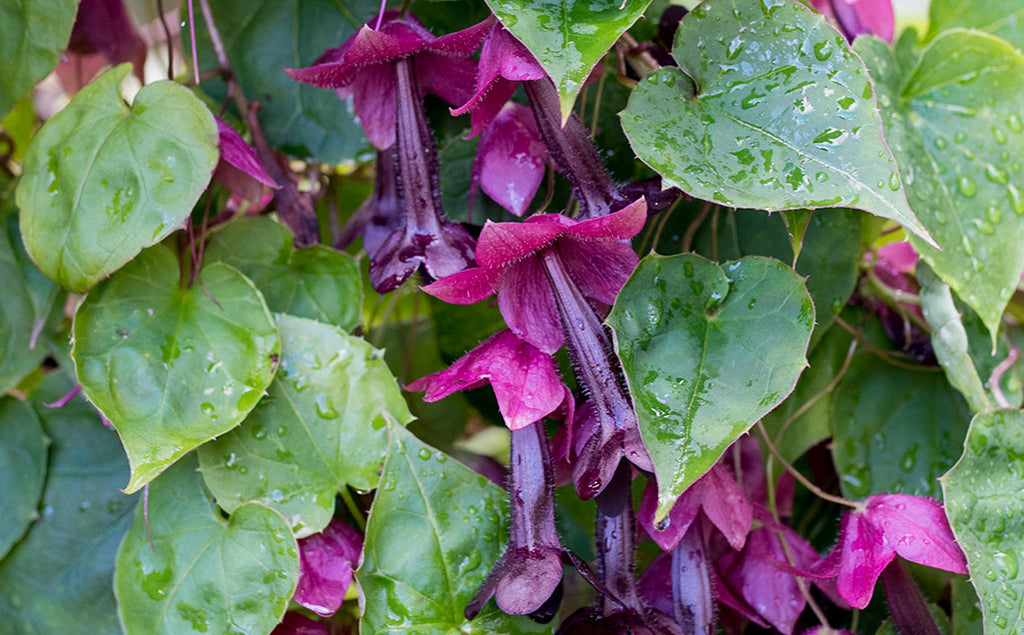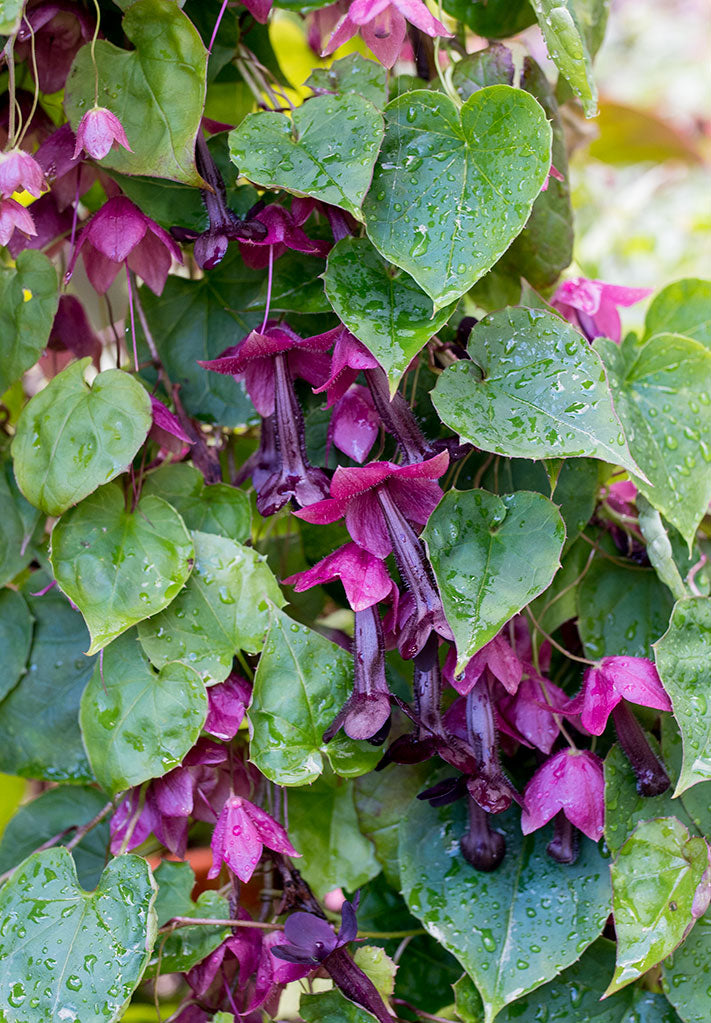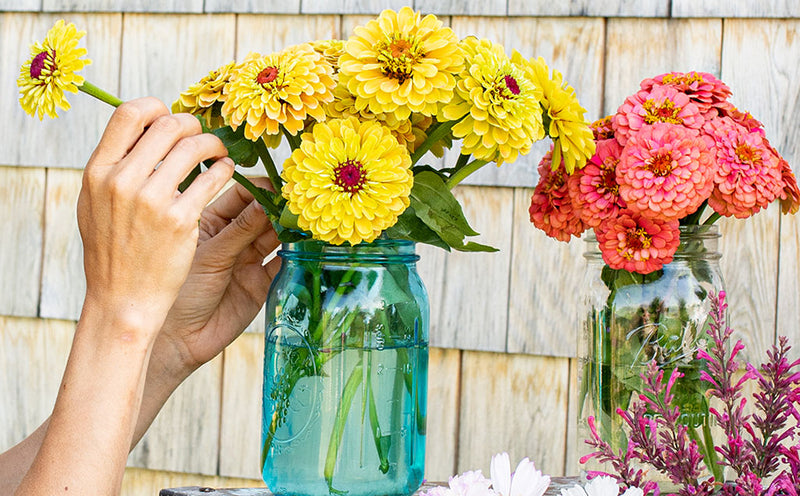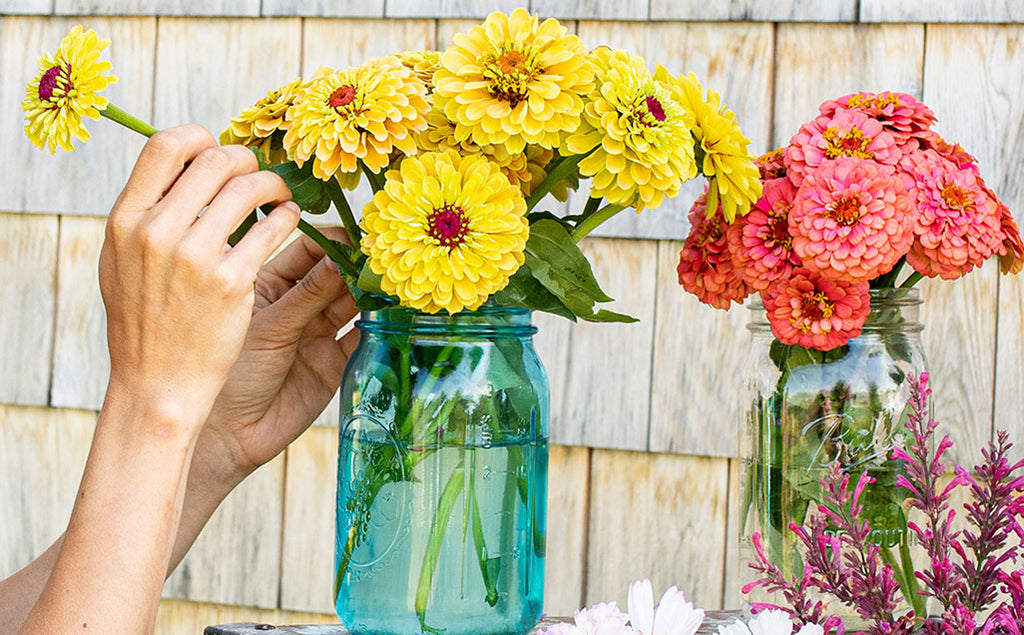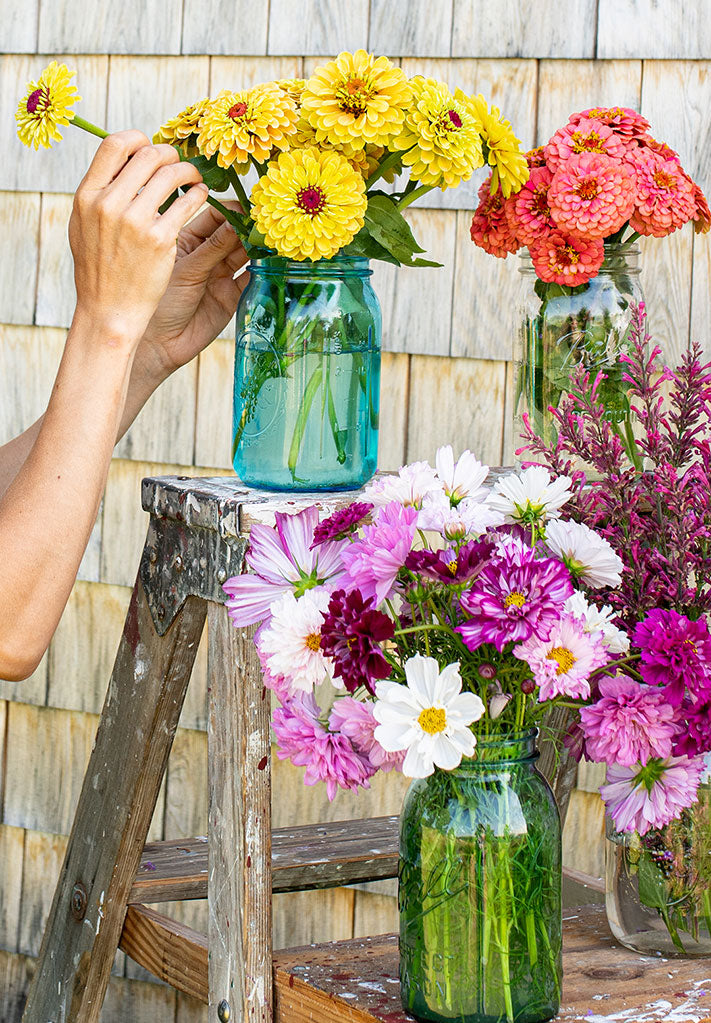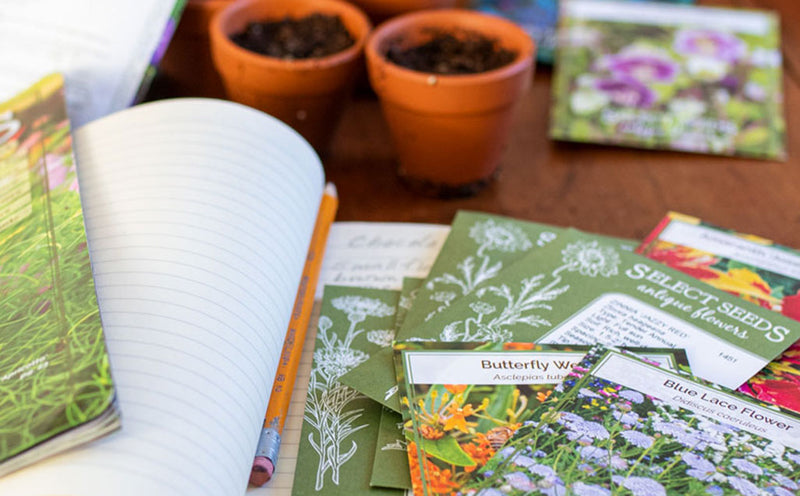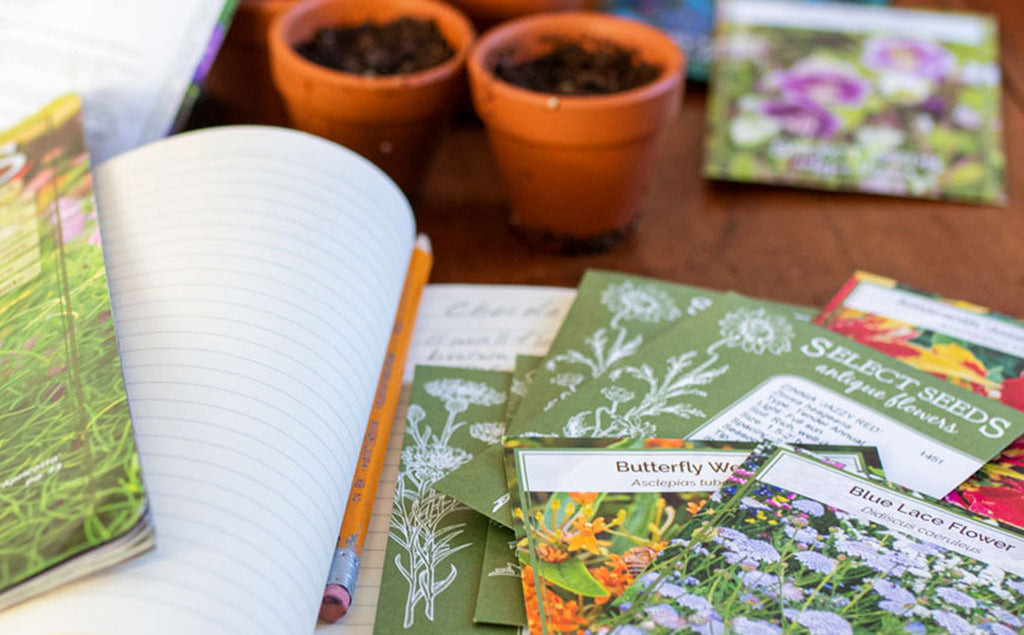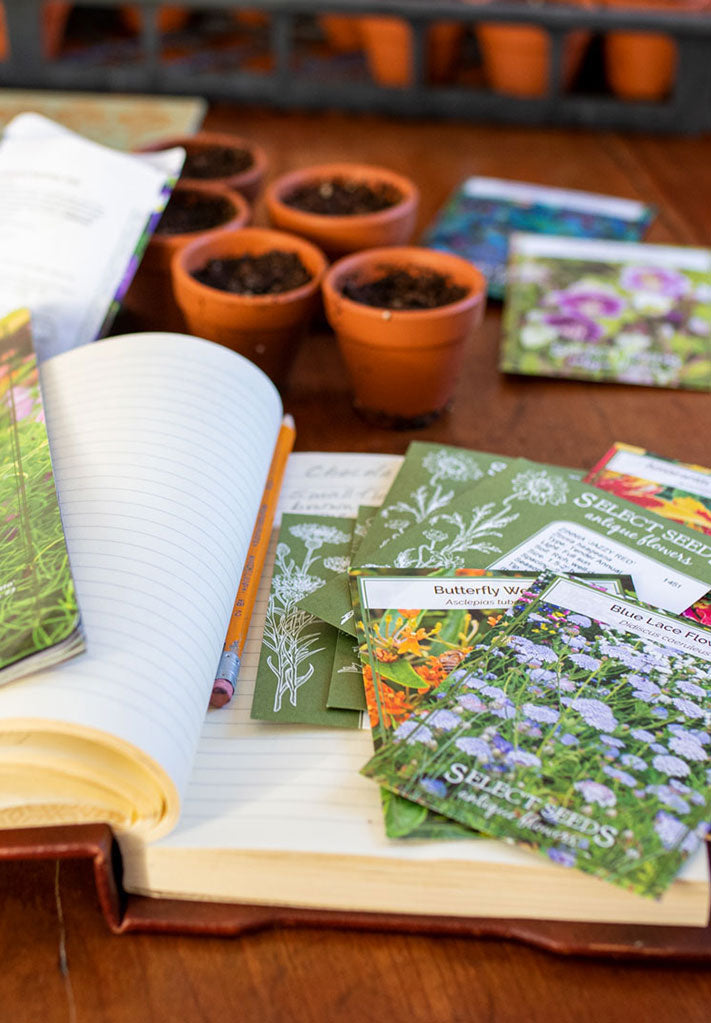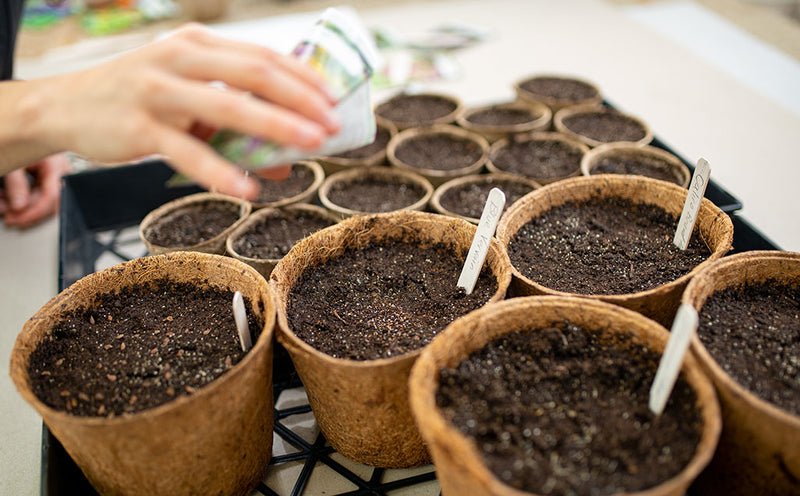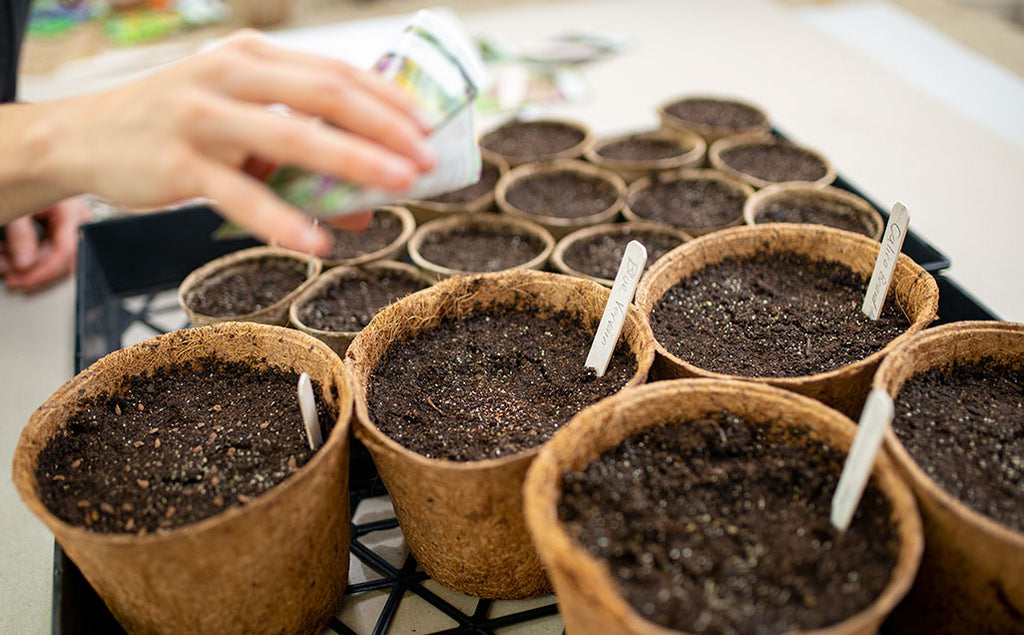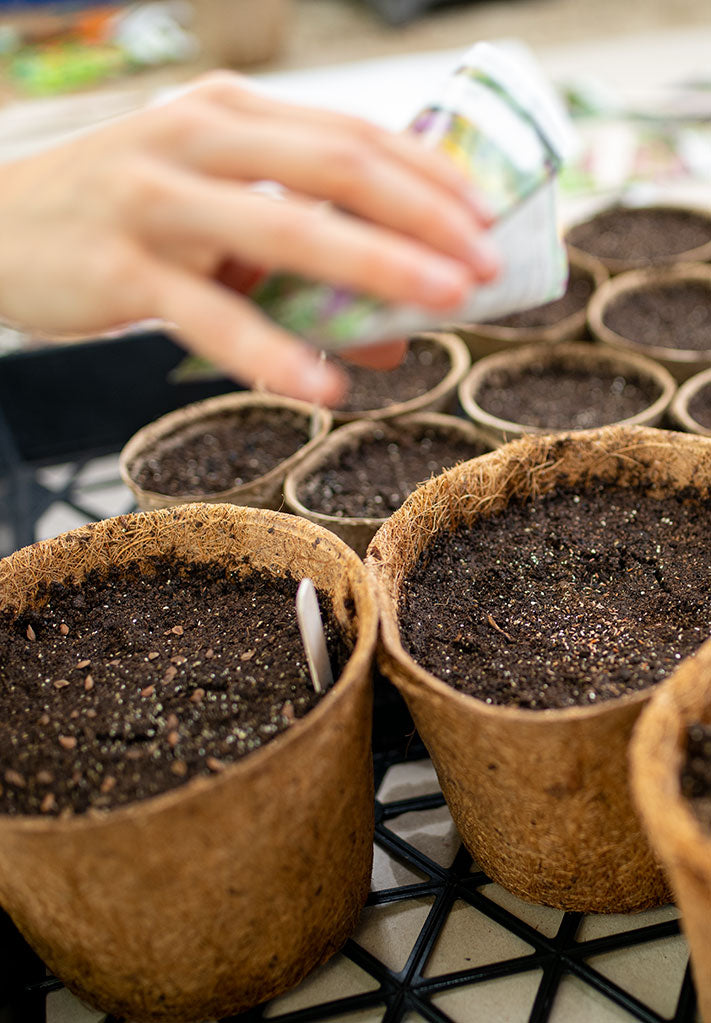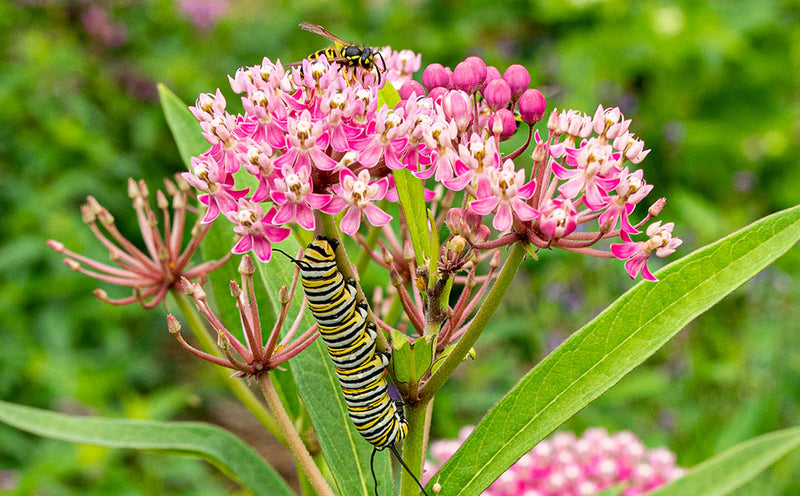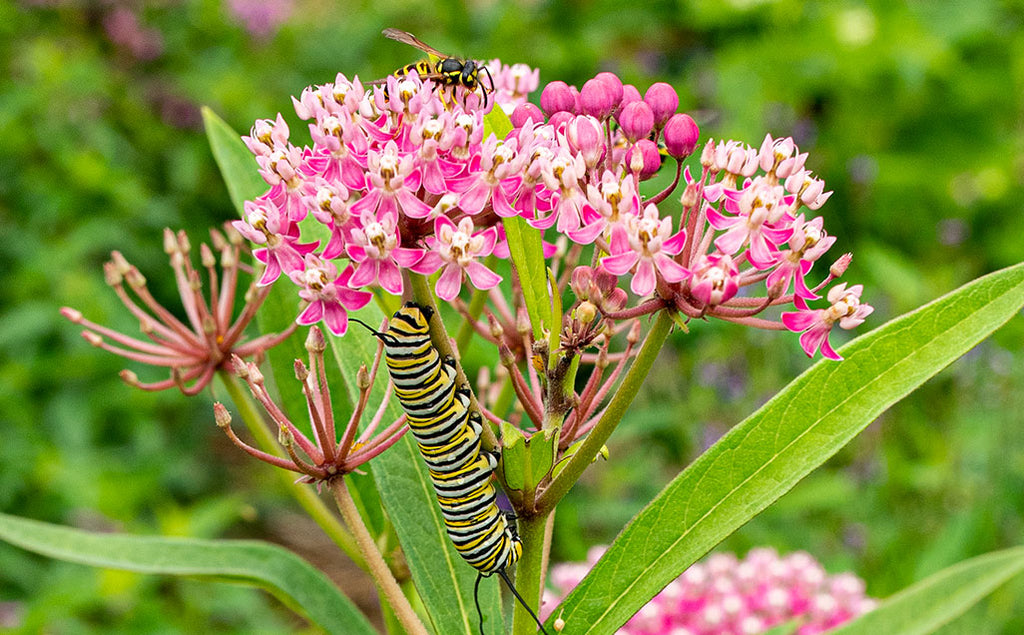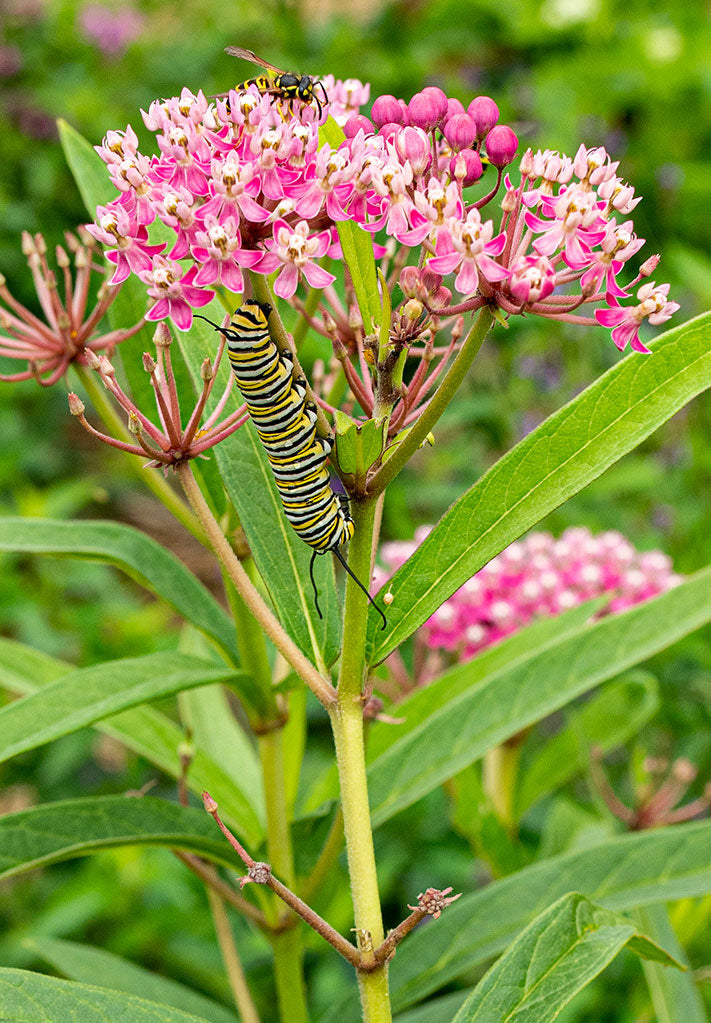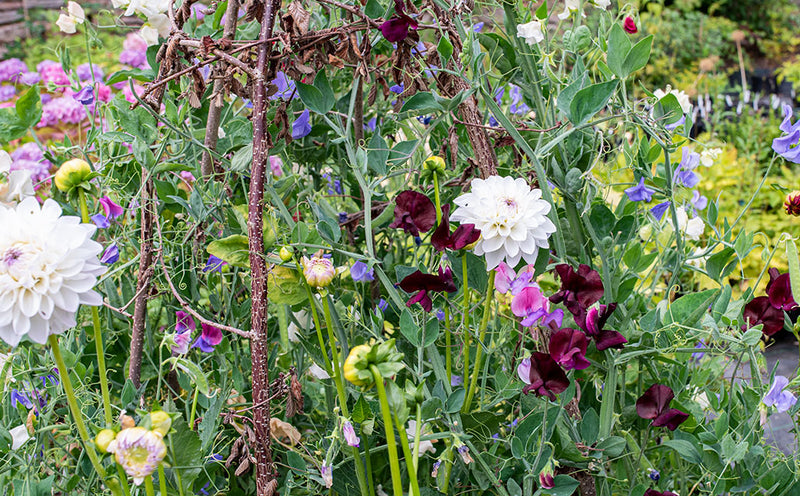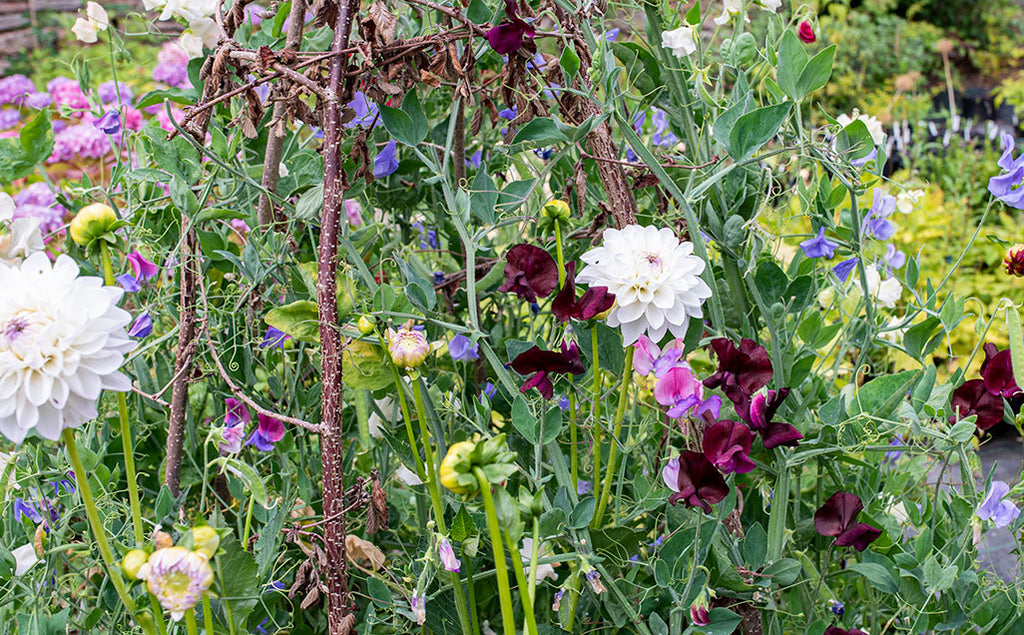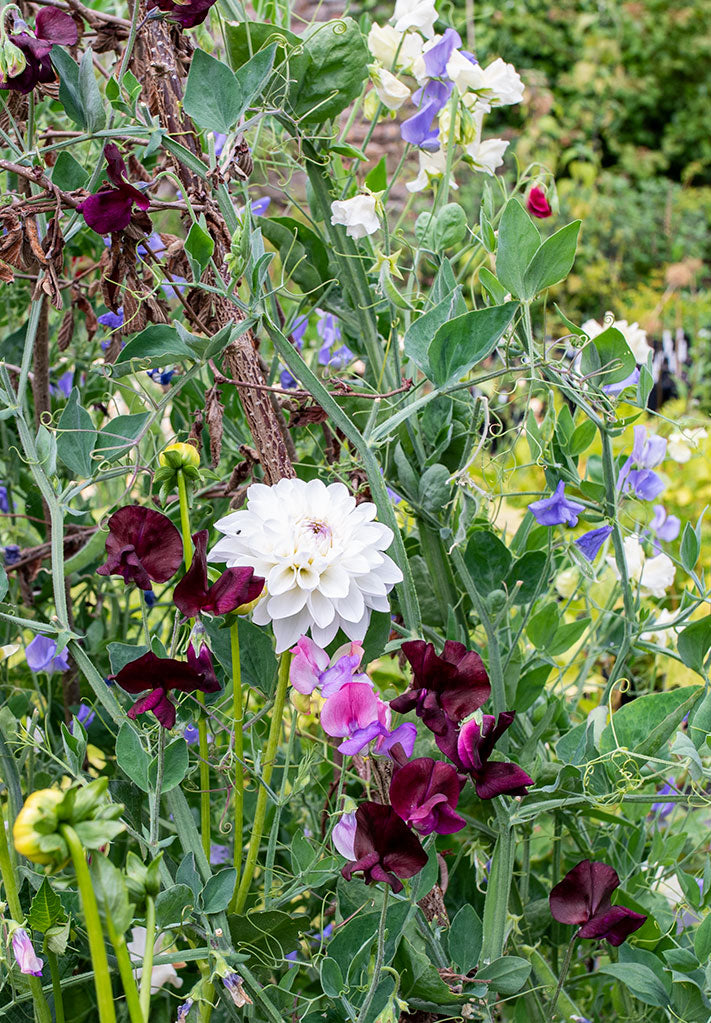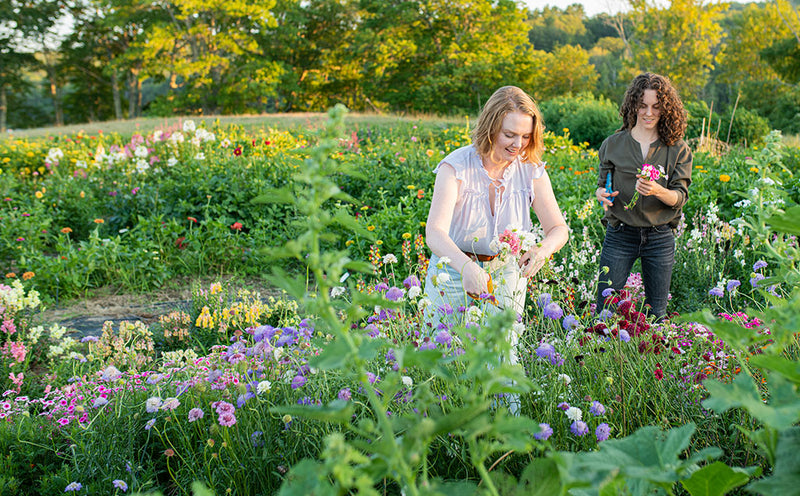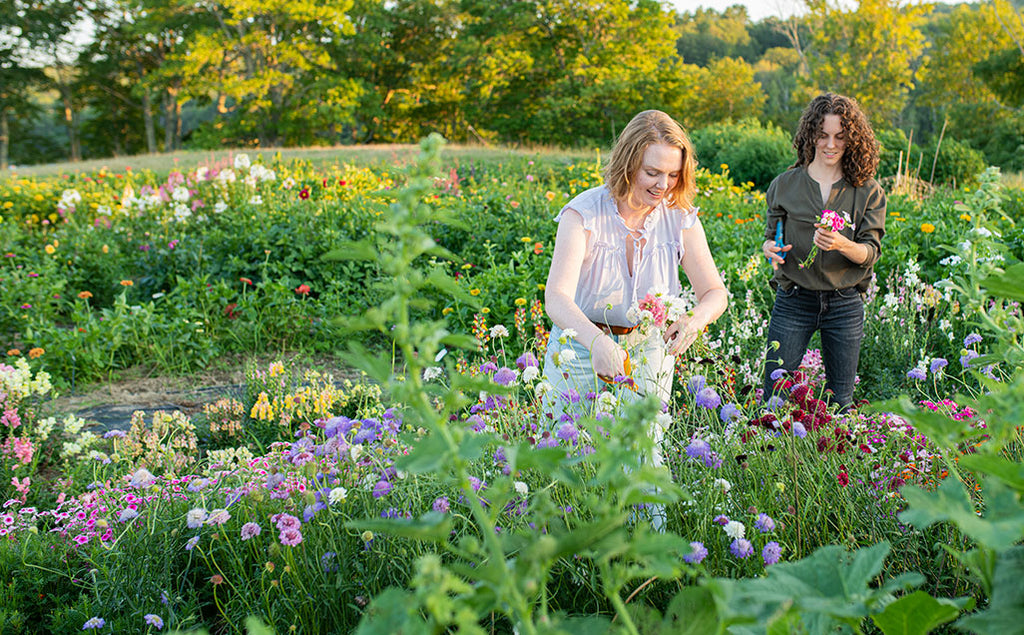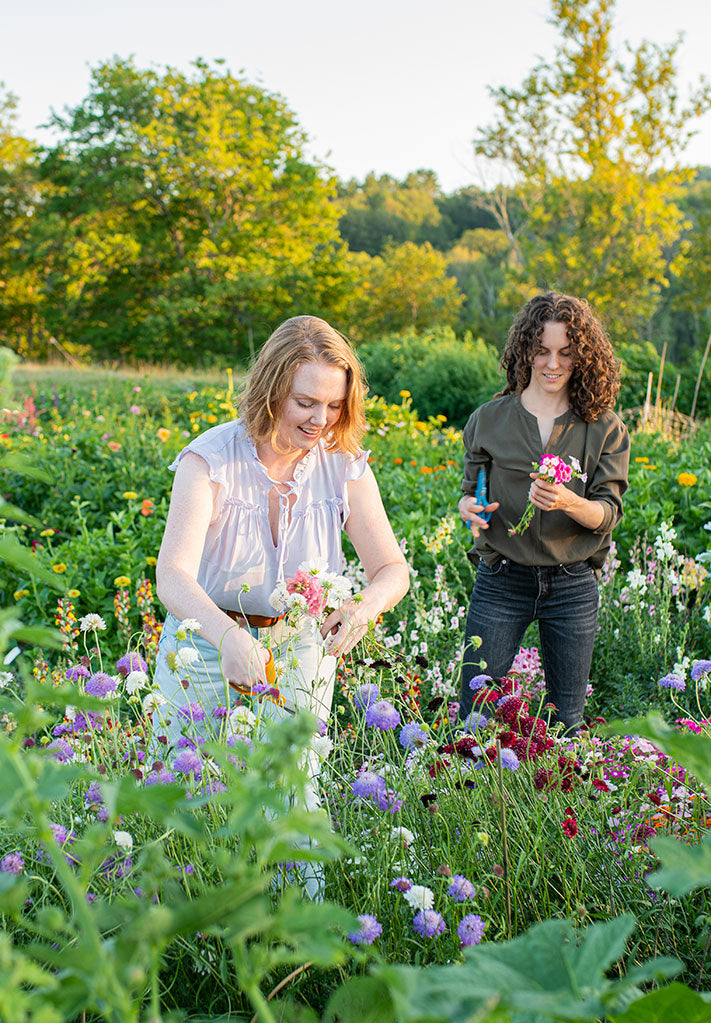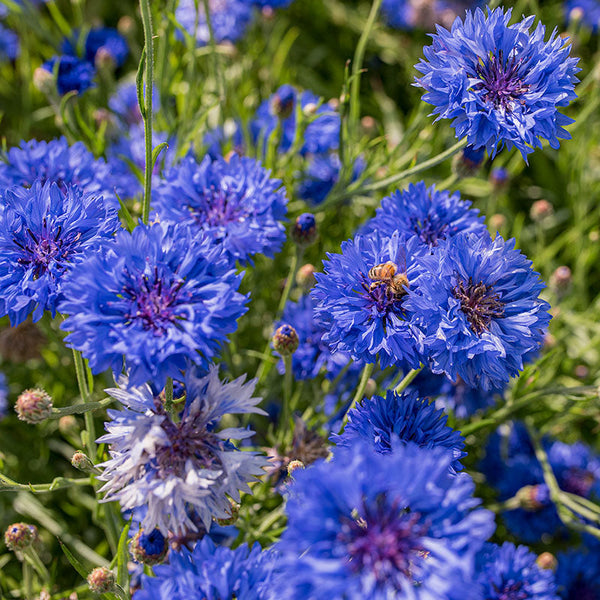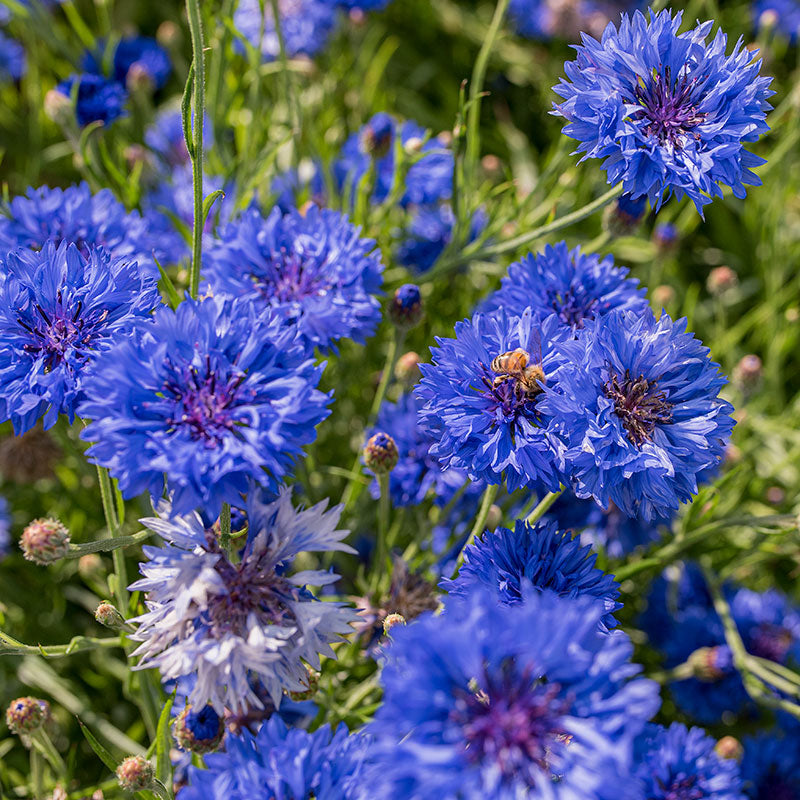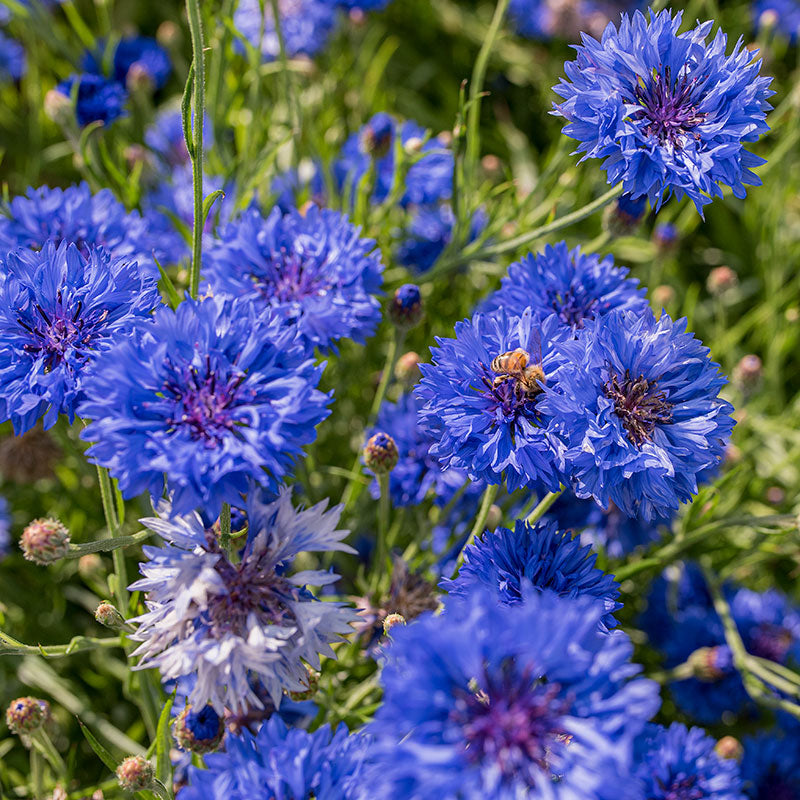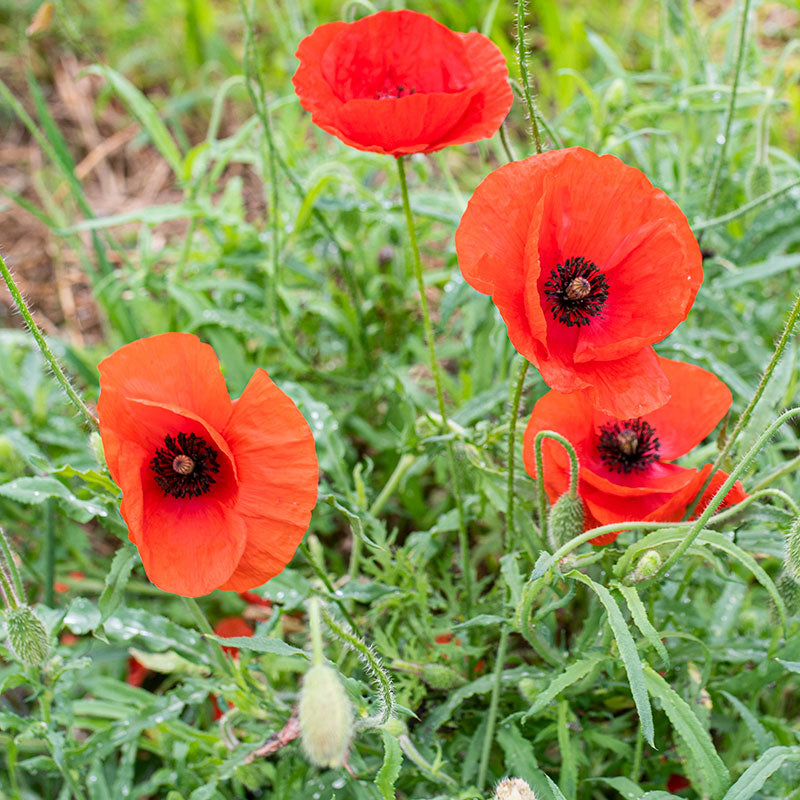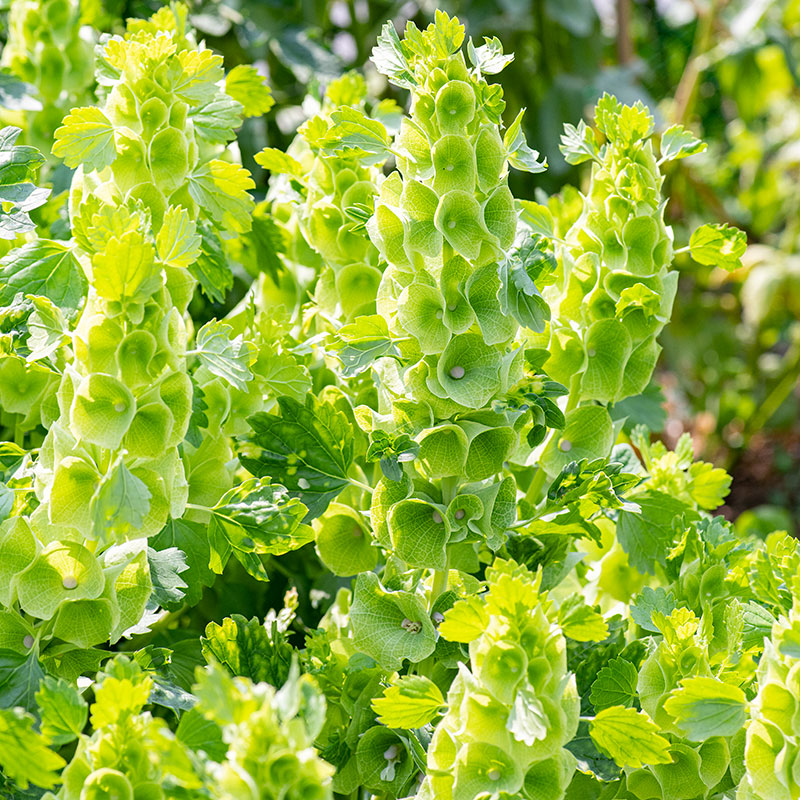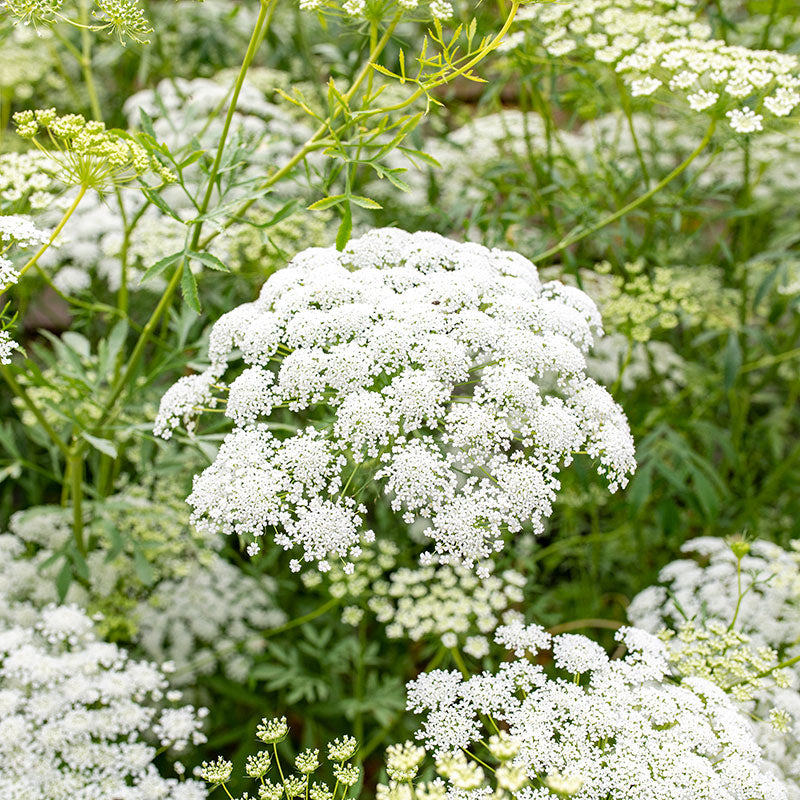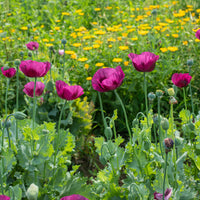SOWING INSTRUCTIONS
Depth:
Barely cover (about 1/16").
Starting Indoors:
Not recommended.
Starting Outdoors:
Sow in early spring, 3-4 weeks before last frost. Can also be fall sown (Oct.) in zones 7-10.
PLACEMENT & CULTIVATION
Cornflowers are sentimental favorites and of the easiest culture; the bees buzzing around the blooms indicate their value in pollinator gardens. A favored flower for hundreds of years in England, cornflowers had many pet names, including Bluebottle and Hurtsickle, for the cordlike stems dulled the reaper's blade. At home in the cutting, veggie, border, and meadow garden, they keep blooming if picked often for fresh and dried bouquets. Pull some edible petals to brighten salads, and freeze inside ice cubes to add a bit of beauty to summer drinks. Try an early to mid-fall sowing in September in zones 7-10 for vigorous blooming plants earlier in the season; elsewhere, they are generally sown in early spring. Self-sows.
Watering Details:
Somewhat drought tolerant once established. 1" of water per week initially, then water during dry spells.
Fertilizer:
Grows well in poorer soils. Mix in about 1/2" of compost or an organic granular fertilizer prior to planting.
Diseases & Pests:
Avoid fungal troubles by placing in a location that has good air circulation.
When to Cut for Bouquets:
Harvest when the flowers are just open.
